Indonesia's abrupt regulatory shift banning direct transactions on social media platforms has sent shockwaves through TikTok Shop's Southeast Asian expansion plans. The September 2023 policy change, designed to protect traditional merchants and ensure fair competition, forces TikTok to dismantle its integrated social-commerce ecosystem in the region's largest digital market—a setback with potential ripple effects across emerging economies weighing similar restrictions.
Regulatory Intentions
The trade ministry's decree reflects growing governmental unease about the disruptive impact of live-streaming commerce on Indonesia's traditional retail infrastructure. By prohibiting social platforms from functioning as payment-enabled marketplaces, regulators aim to shield millions of small traders from algorithm-driven price wars. The rules specifically target TikTok Shop's seamless "see it, buy it" model that had captured 25% of Indonesia's $52 billion e-commerce market within two years of launch.
Operational Fallout
TikTok's compliance efforts have created logistical chaos for its 6 million registered Indonesian sellers. Overnight, the platform had to decouple its payment system while maintaining creator monetization—a technical headache resolved through awkward redirects to external websites. Seller analytics show a 72% drop in impulse purchases post-regulation, as extra checkout steps disrupt the psychological immediacy central to live commerce success. Many micro-sellers lacking standalone webstores face existential threats.
Strategic Pivot
Rather than retreat, TikTok is testing hybrid workarounds that comply with letter while violating spirit of regulations. New affiliate marketing programs compensate creators via commission rather than direct sales. A partnership with local e-commerce leader Tokopedia provides transitional infrastructure, though the forced marriage combines competitors with fundamentally different cultures—TikTok's entertainment DNA clashes with Tokopedia's utilitarian marketplace approach. Early data suggests this stopgap solution recovers just 35-40% of lost transaction volume.
Content Creator Exodus
Indonesia's vibrant live-selling influencer community—some earning $15,000 monthly pre-ban—faces painful adaptation. Top performers now juggle multiple apps: building audiences on TikTok, then migrating transactions to WhatsApp or Instagram. Many are abandoning live commerce altogether for brand sponsorship deals, fundamentally changing Indonesia's digital sales landscape. The platform risks losing its most valuable content producers to competitors with more stable monetization models.
Supply Chain Disruptions
The regulations have exposed vulnerabilities in TikTok's just-in-time inventory model. Thousands of Chinese cross-border sellers who stockpiled goods in Indonesian warehouses now face liquidity crises. Some are fire-selling inventory at 40-50% discounts through gray-market Telegram groups, undermining legitimate pricing structures. Local manufacturers who retooled production for viral TikTok products must now recalibrate for traditional e-commerce cycles.
Political Undercurrents
Industry observers detect protectionist motives beyond stated fair-competition goals. The policy benefits Indonesian conglomerates with vested interests in conventional e-commerce, particularly those with ties to political elites. TikTok's meteoric rise had begun siphoning advertising budgets from local media giants—a trend the new rules conveniently curb. The platform now walks a tightrope between compliance and challenging the regulations through backchannel lobbying.
Consumer Behavior Shifts
Indonesian shoppers accustomed to one-click purchasing are demonstrating unexpected resilience. Many have simply shifted to Instagram Live's less-polished but still-functional commerce features. Others are rediscovering physical markets, with Google searches for "nearest traditional market" up 185% in major cities. This suggests TikTok's success relied partly on channel innovation rather than pure demand—a cautionary note for its global live commerce ambitions.
Regional Domino Effect
Neighboring governments are studying Indonesia's experiment closely. Vietnam has announced similar social commerce restrictions, while Thailand debates tighter oversight. TikTok's entire Southeast Asian growth strategy—projected to drive 60% of its 2025 regional revenue—now faces existential questions. The company may need to accept becoming an advertising platform rather than transaction engine in regulated markets.
Long-Term Implications
The regulations could inadvertently achieve what years of competition couldn't—forcing TikTok to develop sustainable merchant ecosystems rather than reliance on viral hits. Successful adaptation might require building true omnichannel capabilities: physical pickup points for online orders, SME financing programs, and logistics partnerships that add real value beyond algorithmic amplification.
Indonesia's live commerce crackdown represents more than a regulatory hurdle—it's a stress test of TikTok's ability to balance global ambitions with local realities. The platform's response will determine whether it evolves into a mature commerce player or remains perpetually vulnerable to policy shifts. As developing nations grapple with the social costs of digital disruption, TikTok Shop's Indonesian ordeal may become a case study in how tech giants navigate the tension between innovation and local economic preservation. The outcome will resonate far beyond Jakarta, shaping the future of social commerce across the Global South.

By William Miller/Mar 31, 2025

By Rebecca Stewart/Mar 31, 2025
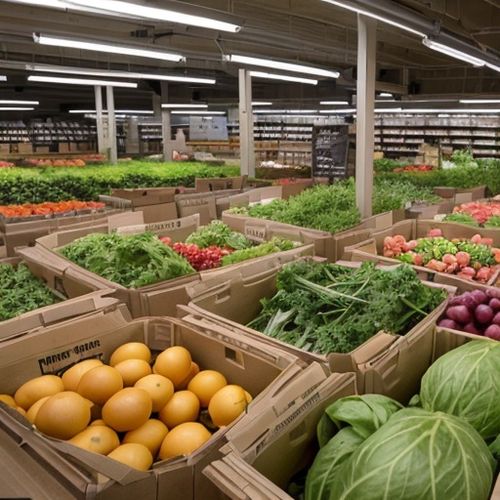
By Natalie Campbell/Mar 31, 2025

By Olivia Reed/Mar 31, 2025
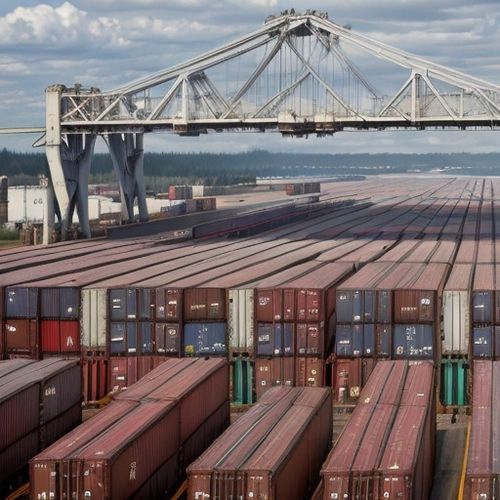
By Amanda Phillips/Mar 31, 2025

By Michael Brown/Mar 31, 2025

By Lily Simpson/Mar 31, 2025

By Natalie Campbell/Mar 31, 2025

By Christopher Harris/Mar 31, 2025

By Eric Ward/Mar 31, 2025
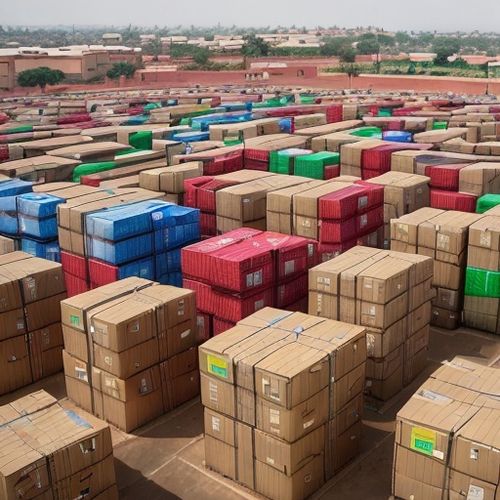
By Daniel Scott/Mar 30, 2025

By Thomas Roberts/Mar 30, 2025

By Natalie Campbell/Mar 30, 2025
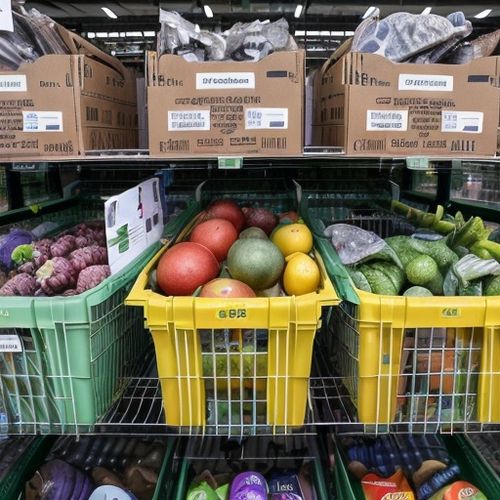
By Rebecca Stewart/Mar 30, 2025

By James Moore/Mar 30, 2025

By Benjamin Evans/Mar 30, 2025

By Michael Brown/Mar 30, 2025
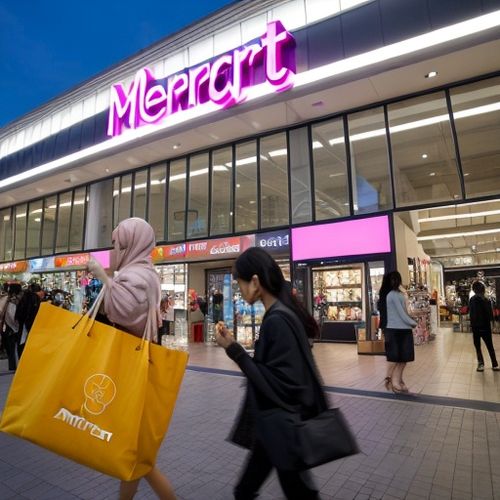
By John Smith/Mar 30, 2025

By John Smith/Mar 30, 2025

By Victoria Gonzalez/Mar 30, 2025